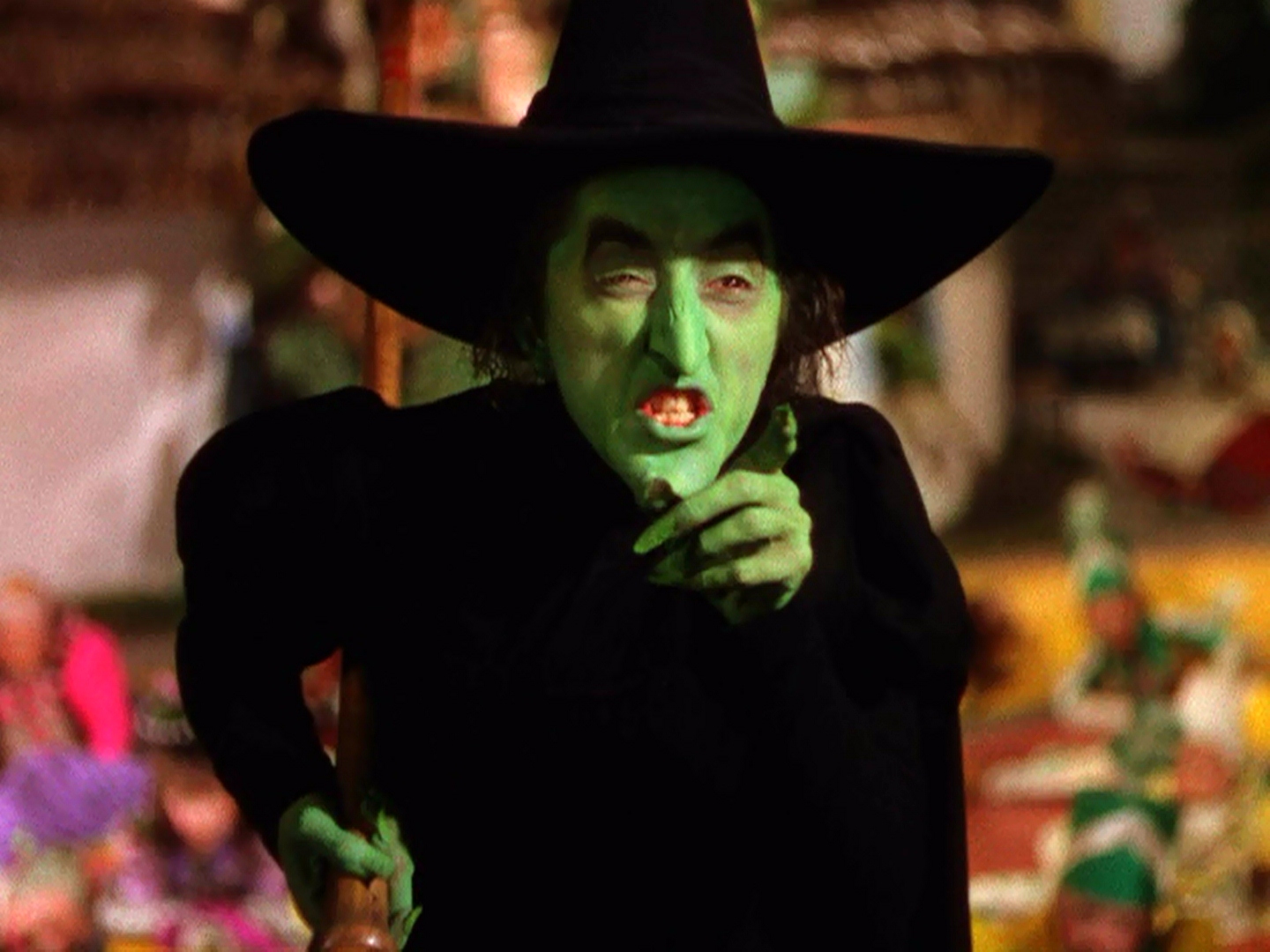Makos 10a (2)
Thanks to Eli Chitrik
- The Gemara mentions the Passuk from Kohelet “A lover of silver shall not be satiated with silver, and whoever loves a multitude has no produce”. (5:10)

In simple English it means that people that “need much” are never satisfied.
We mentioned a famous contradiction between two Mamarei Chazal:
One Medrash says: .”Mi she’yesh lo mone rotze mo’sayim. Whoever has a hundred wants two hundred…”
On the other hand it says: “A person passes on from this world, without even appeasing half of what his heart desires.” That means that no one ever accumulates even half of their goals!
These two sayings seem contradictory. Why?
Say for example a person accumulates ‘100’; at the end his life he has achieved – despite always wanting 200, only half of his goal. Thus one does indeed pass away with half of his goal.
One answer we mentioned is that the meaning of that “he wants two hundred” is, that he wants two hundred more, in addition to the one hundred he already has. He really wants 300 in total. Meaning that when his life is over he only obtained a third!
The Maharam Shif explains: the second hundred is a lot more important in his eyes than the first hundred. Meaning, the yearning and desire to get the second hundred is double or triple the yearning of the first hundred, therefore the first hundred is not considered half!
- The Gemara mentions how eventually everyone gets what one deserves:
Act one: “As the proverb of the ancient one says, ‘From the wicked comes forth wickedness, etc.’ What is this verse talking about?

About two people each of whom killed a person. One killed inadvertently – shogeg, and one killed intentionally- meizid. Neither case was seen by witnesses.
Both move on with their lives as if nothing has occurred.
Act two: The Holy One Blessed is He, arranges that they both come to the same inn. Witnesses are watching the unfolding drama. The one who killed inadvertently (in Act One) descends down a ladder. The one who killed intentionally (in Act One) sits under a ladder. The man on the top falls upon him and kills him.

Since witnesses see all this, the result is that the one who had killed intentionally (in Act One) is killed, and the one who killed inadvertently (in Act One) is finally exiled.
Now in Act One the meizid killer did something unthinkable. He’s a plain murderer. What about the shogeg guy? He killed unintentionally. Nevertheless it is implied from this story that both people have committed (another) wrong by walking away from the crime scene.

The Maharsha mentions two points here:
- Although the Gemara does not discuss this, the first pair of victims must have also committed some sins that caused them to be liable to Heaven retribution. For otherwise why would they be killed?
- He then asks why does the person who killed unintentionally (in Act One) have to go to galus? Is not galus merely for the protection from the Goel Ha’dam? But in our story no one witnessed the inadvertent accidental killing. So why does he need to go to galus?
The Maharsha suggest some answers.
We asked in Shiur, that this is very puzzling. The Gemara on Daf Beis clearly mentions that going to Galus is also for “kaparah” – atonement for the sin of killing a person even if it was b’shogeg.
This atonement applies whether there is a Goel Hadam or not?!
Hit up the comments for the some answers!

See http://www.hebrewbooks.org/pdfpager.aspx?req=13164&pgnum=130 and http://www.hebrewbooks.org/pdfpager.aspx?req=40798&pgnum=243, who both address this Maharsha and suggest that where there’s no goel hadam and it’s just a matter of kapparah, we can’t force the murderer to go to the arei miklat, so on the face of it there’d be no reason for Hashem to force the issue by making Act Two happen.